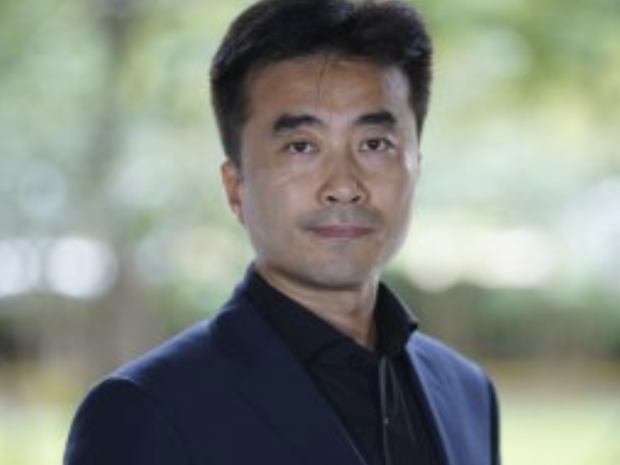CUSP Research Seminar: ChengHe Guan

The Center for Urban Science + Progress (CUSP) at NYU Tandon invites you to attend a lecture ChengHe Guan, assistant professor of urban science and policy at NYU Shanghai and founding director of Shanghai Key Laboratory of Urban Design and Urban Science, as part of the Fall 2024 CUSP Research Seminar Series. This lecture is open to the public with advance registration.
Lecture Title
Integrating temporal dynamics into urban park classification: A visitation-based approach for park planning in Tokyo
About the Lecture
Traditional methods for classifying urban parks, which rely primarily on static attributes, fail to capture actual park usage and overlook visitation dynamics. This study introduces an innovative approach to reclassify urban parks by analyzing 1.5 million mobile phone records from 115,000 visitors across 254 parks in Tokyo. We first plotted visitation dynamic curves (VDCs) to illustrate temporal variations of visitor density across three typical days (weekday, weekend, and holiday) and four seasons. Clustering algorithms based on dynamic time warping (DTW) distance were then employed for park classification. Finally, we developed park usage indicators (PUIs) for each park category to obtain visitor behavioral insights. The results identified six novel park categories: event-oriented parks, weekend-centric parks, commuter-accessible parks, daily-leisure parks, balanced-usage parks, and low-intensity parks. These categories revealed unique visitation trends and significant discrepancies in visitation frequency, visitor composition, travel distance, stay duration, and access disparity. Urban parks with similar physical attributes can exhibit distinct temporal visitation patterns. A combination of place-based and visitation-based classifications is essential to establish a visually diverse and functionally engaging park system. This requires identifying park visitation dynamics through data-driven approaches and implementing adaptive and directive park management strategies to strengthen the sense of local identity and better meet community needs.
About the Speaker
ChengHe Guan is an Assistant Professor of Urban Science and Policy at NYU Shanghai. He is the founding co-director of the Shanghai Key Laboratory of Urban Design and Urban Science (LOUD). Dr. Guan’s research focuses on spatial analytics of urban morphology and green space planning, organized around two interconnected themes: (1) Urban green space analytics with AI-enhanced urban sensing techniques, and (2) Urban form analytics and simulation for climate-adaptive cities. His work is published in leading academic journals such as Nature Communications, Communications Earth & Environment (Nature Portfolio), Journal of Planning Education and Research, Landscape and Urban Planning, Land Use Policy, Health and Place, Journal of Urban Affairs, Environment and Planning B: Urban Analytics and City Science, and Cities.
Visitor Information
Please visit the NYU Tandon website for directions and a campus map. Advance registration through Eventbrite is required for campus access at NYU for external guests. Attendees who are not current students, faculty, or staff at NYU, including alumni, are asked to register using a personal email address.
About the Urban Science Research Seminar Series
The Center for Urban Science + Progress’s annual Research Seminar series features leading voices in the growing field of urban informatics examining real-world challenges facing cities and urban environments around the world. The Fall 2024 series is organized by Urban Science Faculty Fellows Mehak Sachdeva and Zhaoxi Zhang together with Assistant Professors Takahiro Yabe, Qi Sun, and Graham Dove.
Speakers for the Fall 2024 series include Yuki Miura (NYU), Prince Michael Amegbor (NYU), Vivek Singh (Rutgers University), Geoff Boeing (University of Southern California), Robert Goodspeed(University of Michigan), ChengHe Guan (NYU Shanghai, NYU Wagner, East China Normal University), Yanxiao Feng (New Jersey Institute of Technology), and Dharik Mallapragada (NYU).

